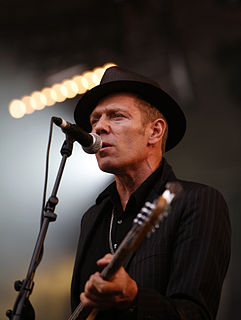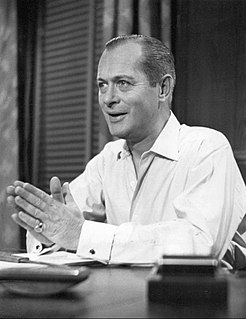A Quote by Andrei Codrescu
There is a slight problem with being a conceptual artist these days: You won't get paid. But this levels the field and takes the art of money out of the field of serious art. The only conceptual artists who would conceive of making money on the Internet are a lowbrow species known as hustlers.
Related Quotes
There is a good deal of art that in some traditions of conceptual work are anti-affect, in fact a very large chunk of mainstream art after 1950 took against affect art altogether because they said, "No, we hate affect art because this is how we get manipulated by totalitarianism and therefore artists shouldn't play that game." And a lot of artists agreed to play that game, which I personally believe is to the loss of art.
Obviously my own work comes from a conceptual art tradition, but I love the graffiti artists, and I feel spiritually closer to them than to most contemporary art; they make the city a free space of diverse voices and we shouldn't get all cynical about them just because Banksy made some money. I collaborate sometimes with Krae, who is an old school east London graffiti writer.
Art really has its source in the transcendent, the unmanifest field of pure consciousness, which is the non-changing, immortal field of all possibilities...When the awareness of the artist is in tune with this center of infinite creativity, his piece of art breathes fullness of life, nourishes the creator, the artist, and inspires his admirers with waves of bliss.
I think it's our responsibility as artists to not only fight for our art but fight for the communities that are the reason we're able to continue making art, especially since, in Brooklyn's case, we as artists somehow made it 'cool' enough for the bigger money-making industries to start taking over.
People who look at art don't really - don't go with the artist. They don't sort of accept what he or she has done and kind of go with it. There are always - either there's too much color or not enough color, either it's not conceptual enough or it's too conceptual. In other words, most criticism isn't what the viewer expected that it would do based on what they think you have done and that's good as far as I'm concerned.
I believe Picasso's success is just one small part of the broader modern phenomenon of artists themselves rejecting serious art- perhaps partly because serious art takes so much time and energy and talent to produce-in favor of what I call `impulse art': art work that is quick and easy, at least by comparison.






































